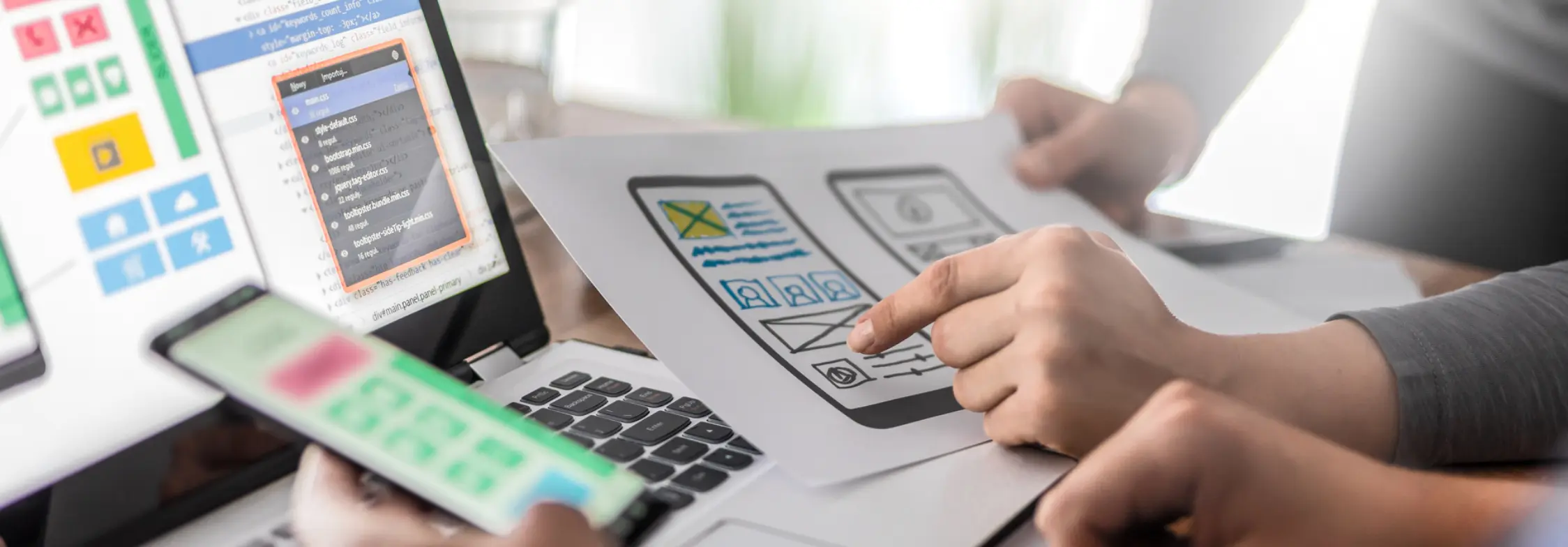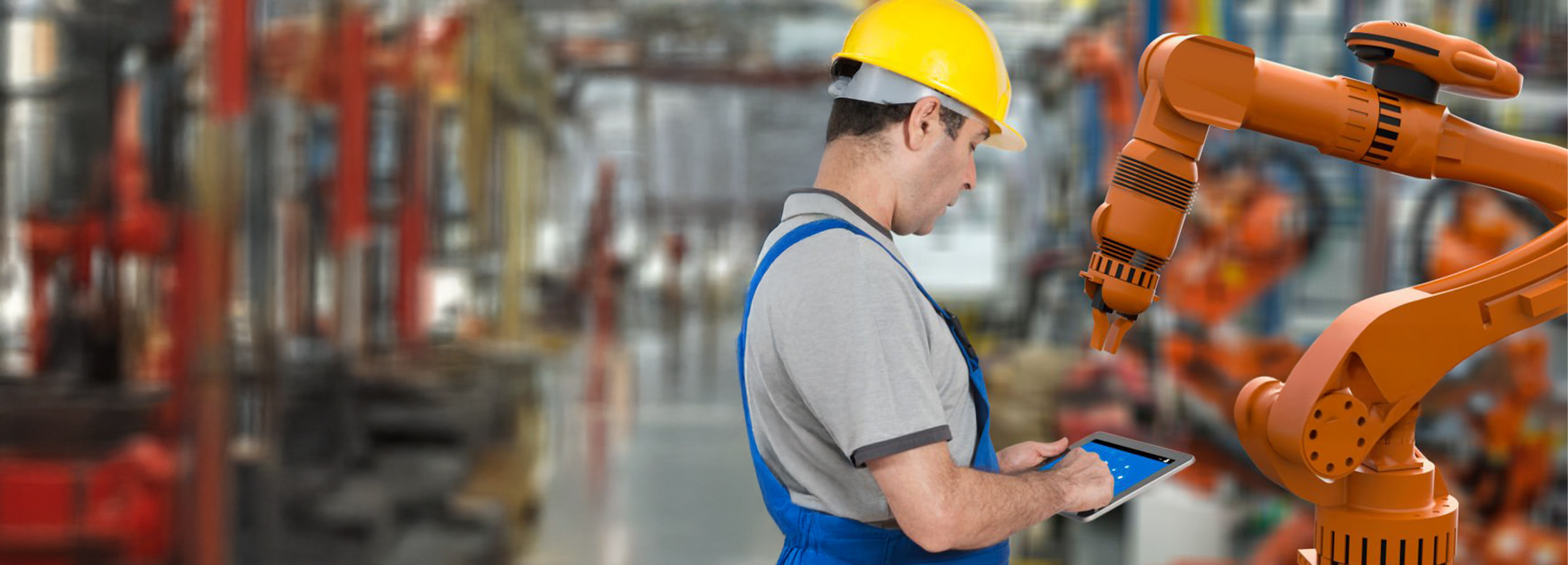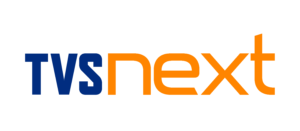The expression “DesignOps” originates from DevOps, a cooperative method in software development and systems management that focuses on automation, agility and efficiency. And DesignOps is a discipline that focuses on the operational aspects of design, aiming to improve the efficiency, collaboration, and overall effectiveness of design teams. DesignOps roles and partnerships in UI/UX can vary from organization to organziation, depending its specific needs. However, here are some typical roles and partnerships you may find in DesignOps:

DesignOps Manager / Lead
This role is responsible for overseeing the DesignOps function within an organization. They work closely with design teams, project managers, and other stakeholders to develop and implement efficient design processes, tools, and systems. They also ensure the design team has the necessary resources and support to deliver high-quality work on time.
Design Program Manager
A Design Program Manager works closely with cross-functional teams to manage and coordinate design initiatives and projects. They help define project goals, allocate resources, track progress, and ensure timely delivery of design outcomes. They also facilitate communication and collaboration between design teams and other departments, such as engineering, product management, and marketing.
Design Systems Manager
Design Systems Managers are responsible for developing and maintaining design systems, which are collections of reusable components, guidelines, and assets that ensure consistency and efficiency across different design projects. They collaborate with designers, developers, and other stakeholders to define design standards, create design libraries, and document guidelines for design implementation.
UX Research Operations
UX Research Operations professionals support the research efforts of the design team. They assist in organizing and managing user research studies, recruiting participants, coordinating research logistics, and analyzing & sharing research findings. They work closely with UX researchers and designers to ensure smooth and effective research processes.
Design Tooling Specialist
Design Tooling Specialists focus on selecting, implementing, and maintaining design tools and software that enhance the efficiency and effectiveness of design workflows. They stay current with the latest design tools and technologies and work closely with designers to provide training, support, and guidance on tool usage.

Partnerships in DesignOps typically involve collaboration with other departments and roles, such as:
Product Managers
DesignOps professionals work closely with product managers to align design processes with product development goals, define design requirements, and ensure that design work supports the overall product strategy.
Engineering Teams
Collaboration with engineering teams is essential for integrating design workflows with the development process. DesignOps professionals partner with engineers to establish effective handoff processes, ensure smooth implementation of designs, and address any technical constraints or challenges.
Marketing and Branding Teams
DesignOps professionals collaborate with marketing and branding teams to align design efforts with the organization’s brand guidelines, messaging, and marketing strategies. They work together to ensure consistent visual identity and messaging across different touchpoints.
Project Managers
Project managers are crucial in coordinating design projects and managing timelines and resources. DesignOps professionals collaborate closely with project managers to define project goals, allocate design resources, track progress, and ensure successful project delivery.
It’s important to note that the specific roles and partnerships in DesignOps can vary depending on the organization’s size, structure, and industry. Some organizations may have dedicated DesignOps teams, while others may integrate DesignOps responsibilities within existing roles or departments.













